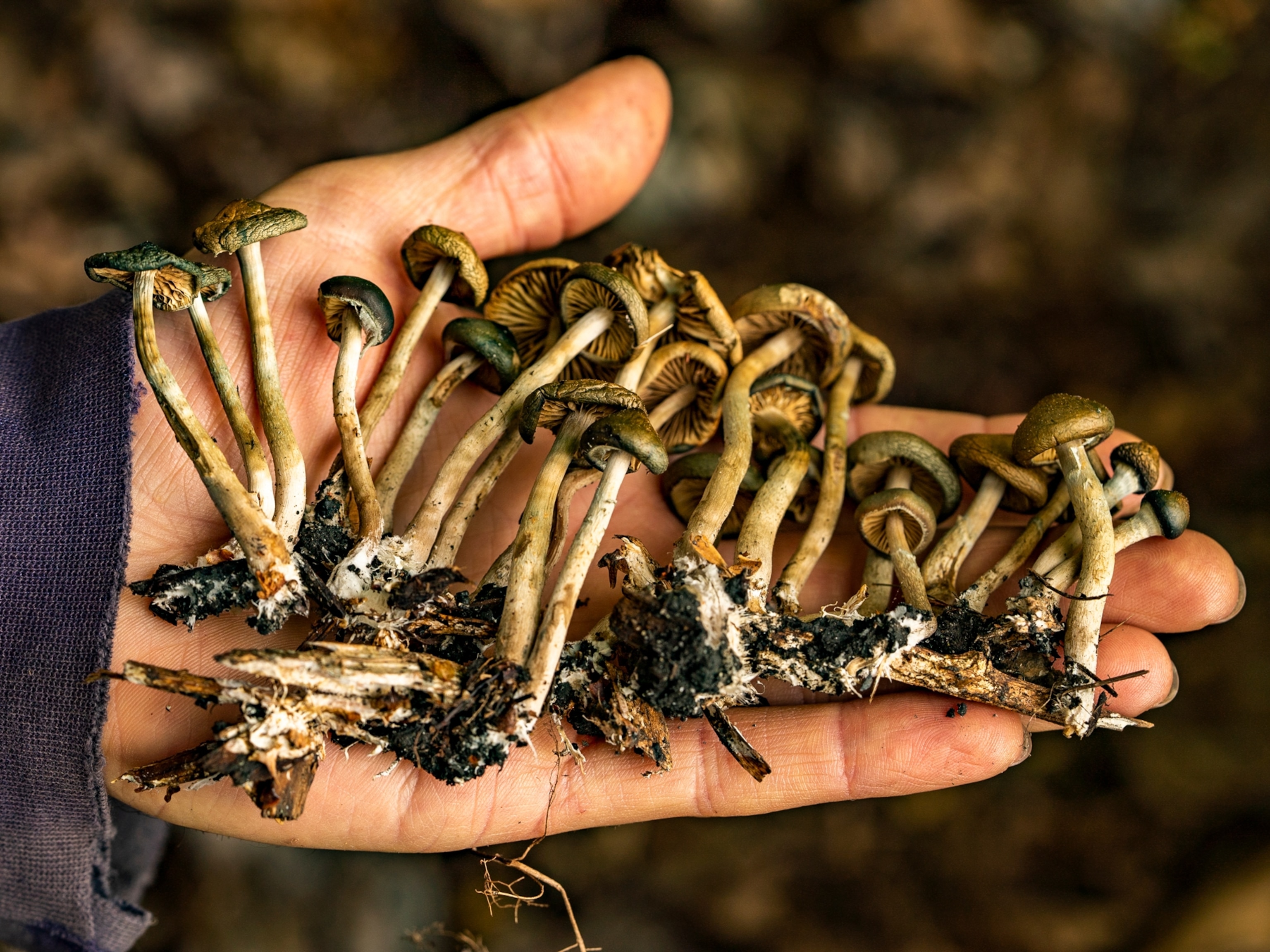Yes, horses can eat too much hay, which can lead to digestive issues and obesity. Horses are herbivorous animals that primarily rely on hay for their nutrition.
While hay is an essential part of their diet, overeating can have negative consequences. Digestive issues such as impaction colic, which occurs when undigested hay forms a mass in the intestines, can arise from consuming excessive amounts of hay. Additionally, horses can become overweight or obese if they consume more hay calories than they can burn off through exercise.
Therefore, it is important for horse owners and caretakers to monitor and regulate the amount of hay their horses consume to maintain their health and well-being.
Understanding The Digestive System Of Horses
A horse’s digestive system is a complex mechanism that plays a vital role in its overall health. Hay, being a primary component of their diet, plays a significant role in their digestive process. Horses require a steady intake of high-quality hay to maintain their digestive functions and overall well-being.
However, it is crucial to ensure that horses do not consume an excessive amount of hay as it can lead to various health issues. The ideal daily hay consumption for a horse depends on several factors, such as their size, age, and activity level.
Consulting with a veterinarian or equine nutritionist can provide you with guidelines tailored to your horse’s specific needs. Providing the right amount of hay is crucial in promoting proper digestion and keeping your horse in good health.

Credit: www.nationalgeographic.com
Consequences Of Overfeeding Hay To Horses
Excessive hay consumption can lead to several consequences for horses. One potential issue is digestive problems, caused by overloading the digestive system with too much roughage. Such overload can result in colic, which is characterized by abdominal pain and discomfort.
Additionally, horses that consume excessive amounts of hay may experience weight gain and become increasingly prone to obesity. This can impact their overall health and mobility, leading to a range of secondary issues. Another concern is the potential for nutritional imbalances and deficiencies that can arise from consuming excessive hay.
Horses may miss out on essential nutrients if their diet is mainly comprised of hay, which lacks certain vitamins and minerals. Owners should monitor their horses’ hay intake carefully to avoid these complications and ensure their well-being.
Impact On A Horse’S Dental Health
Excessive hay intake can lead to dental problems in horses, underscoring the importance of regular check-ups. Horses consuming too much hay may experience issues such as dental malocclusions, which can result in discomfort and difficulty eating. Moreover, overconsumption of hay can cause uneven wear on the teeth and sharp points, leading to ulcers and painful sores in the mouth.
In addition, horses that eat excessive hay may develop impaction, where the fibers accumulate and create a blockage in the digestive system. This can lead to colic and other serious health complications. Therefore, it is crucial for horse owners to monitor their animal’s hay intake and consult with a veterinarian for routine dental examinations to prevent potential dental issues and safeguard their horse’s overall well-being.
Strategies For Managing Hay Intake
Horses can consume too much hay, which can lead to health issues. To manage hay intake, implementing a feeding schedule is crucial. By following a set timetable, horses can have a regulated amount of hay. Another effective strategy is the use of slow-feeders.
These devices promote slower eating, preventing horses from overindulging. Regularly monitoring the horse’s body condition is essential. It helps to determine if adjustments in hay rations are necessary. Maintaining a healthy body weight is crucial for a horse’s overall well-being.
Proper management of hay intake is vital to ensure the horse’s health and prevent any negative consequences that may arise from excessive consumption.
Finding The Right Balance
When it comes to feeding horses, finding the right balance is crucial. Consulting with a veterinarian or equine nutritionist is recommended to assess the individual needs of the horse. Considering factors such as age, breed, and overall health is also important.
The horse’s activity level should be taken into consideration as well. Determining the appropriate amount of hay to feed a horse is a delicate process. It is crucial to avoid overfeeding the horse as it can lead to weight gain and potential health problems.
On the other hand, underfeeding can result in malnutrition and poor overall health. Striking the right balance for each horse requires careful consideration and expert guidance in order to maintain their optimal health and well-being.
Conclusion
It is important to monitor and regulate the amount of hay given to a horse to prevent overconsumption. While hay is a vital part of a horse’s diet, too much can lead to health issues such as obesity, digestive problems, and potentially even colic.
The key is to provide horses with a balanced diet that includes not only hay but also other essential nutrients such as grains, minerals, and fresh water. Owners should also consider the quality of hay being fed to their horses as it can vary in nutritional content.
Consulting with a veterinarian or equine nutritionist can help determine the appropriate amount and quality of hay for a horse based on their individual needs, age, weight, and activity level. Regularly evaluating your horse’s body condition and adjusting their diet accordingly is crucial for maintaining their overall health and wellbeing.
By providing the right amount of hay and considering other dietary factors, horse owners can ensure their beloved equines enjoy a balanced diet that promotes optimal health and longevity.
